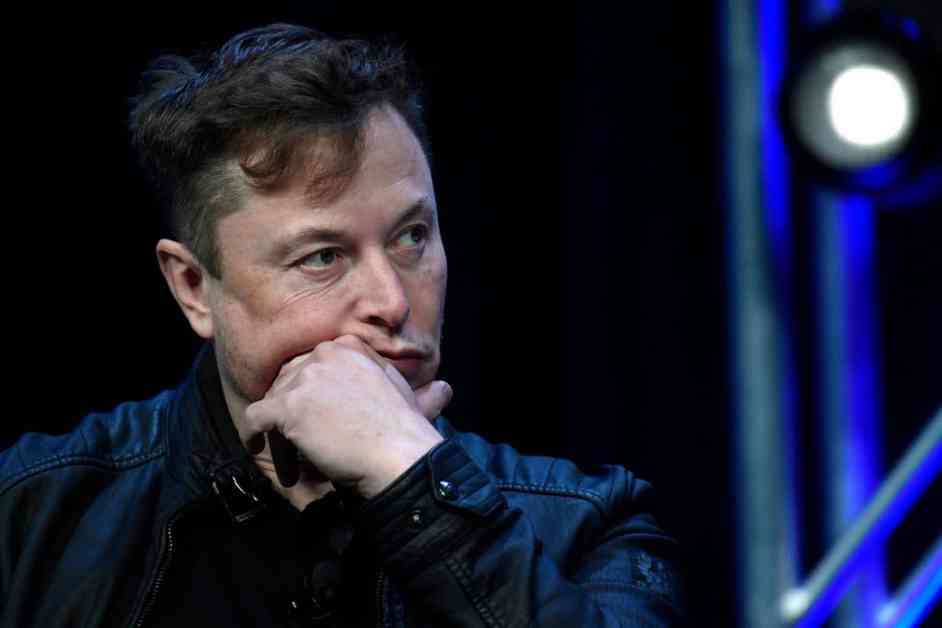Starlink, the satellite-based internet service provider owned by Elon Musk, has announced that it will comply with a Brazilian Supreme Court justice’s order to block the social media platform X. Despite the freezing of the company’s assets by Judge Alexandre de Moraes, Starlink has decided to follow the court’s directive.
In a statement posted on X, Starlink expressed its commitment to adhering to the order, stating, “Regardless of the illegal treatment of Starlink in freezing our assets, we are complying with the order to block access to X in Brazil.” The company also mentioned that it is exploring all legal options available to challenge the decision, along with others who believe that the recent orders violate the Brazilian constitution.
The dispute arose when Judge de Moraes froze Starlink’s accounts in an attempt to force the company to cover X’s fines, which amounted to over three million dollars. The judge argued that since the two companies are part of the same economic group, Starlink should be held accountable for the fines imposed on X.
Starlink filed an appeal against the freezing of its accounts, but has refrained from providing further comments on the matter. In response to X’s refusal to name a local legal representative as required by law, the justice ordered the suspension of the platform, a decision that was upheld by a Supreme Court panel.
Failure to comply with Judge de Moraes’s orders could have led to the confiscation of equipment from Starlink’s ground stations by the Brazilian telecommunications regulator Anatel. Despite facing legal challenges, Starlink has established a significant customer base in Brazil, with over 250,000 clients relying on its services, especially in remote areas where it is the primary internet provider.
Legal experts have questioned the justification behind freezing Starlink’s accounts, pointing out that the company’s parent company, SpaceX, has no direct connection to X. Elon Musk himself highlighted the distinct shareholder structures of the two companies on X, emphasising their independence from each other.
X has faced criticism for its refusal to block certain users deemed to be undermining Brazilian democracy, leading to tensions with Judge de Moraes. The platform’s resistance to complying with court orders has raised concerns about the need for a local legal representative, with allegations that it could be used by Brazilian authorities to exert leverage over the company.
As the legal battle between Starlink, X, and Brazilian authorities continues, the implications of this dispute on free speech and internet regulation in the country remain to be seen. Despite the challenges faced by the companies involved, the need to uphold legal standards and constitutional rights remains a crucial aspect of the ongoing debate.












